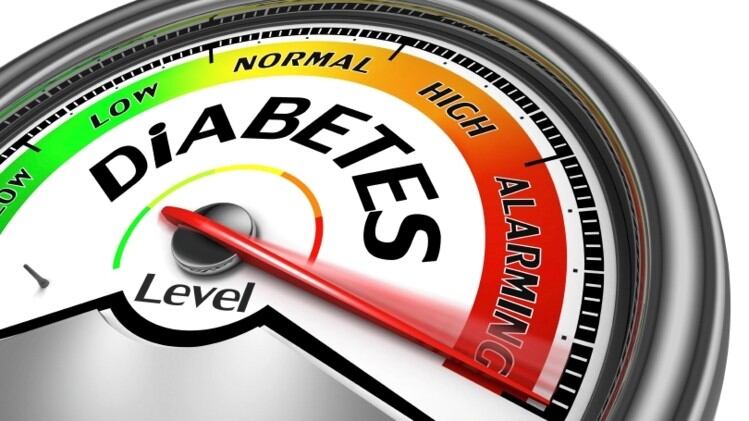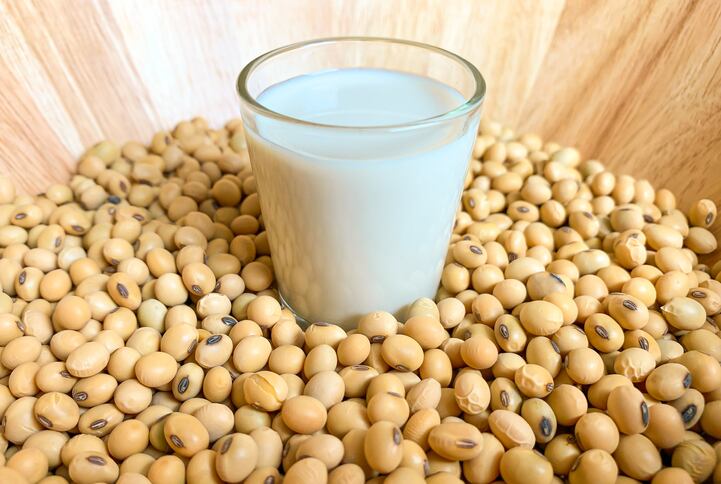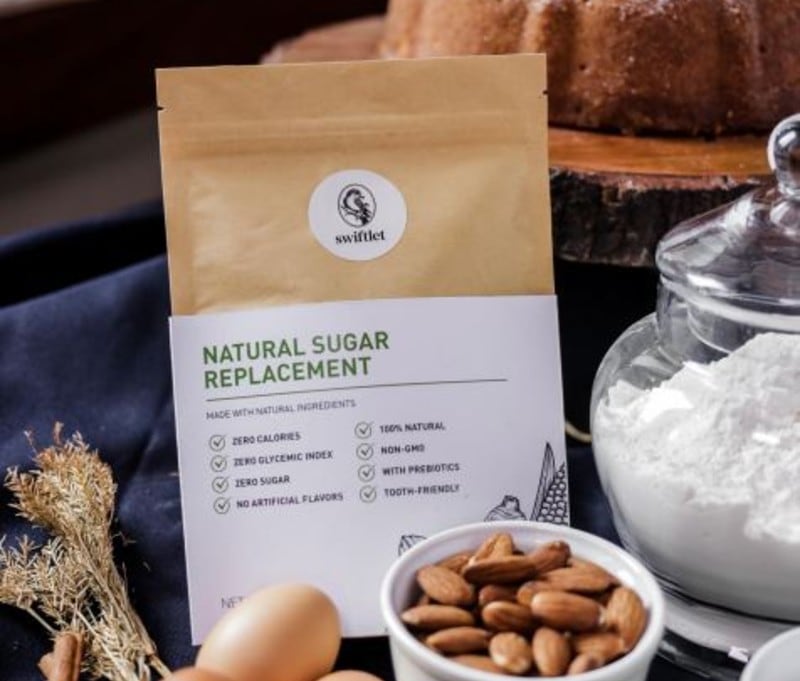It also showed that probiotics supplementation had no significant effect in reducing low-density and high-density lipoprotein cholesterol (LDL-C and HDL-C) amongst diabetics.
The meta-analysis, funded by several national China grants including the National Natural Science Foundation of China Program, National First-class Discipline Program of Food Science and Technology, was recently published in the journal Foods.
Abnormal lipid levels in type 2 diabetic patients is a prevalent problem. Existing studies showed that over 50% of the patients suffer from dyslipidemia, which is an increase in total cholesterol, triglycerides, and the harmful LDL-C, while the concentration of beneficial HDL-C is lower.
Studies have shown that probiotic intake could alleviate abnormal levels of lipids and blood pressure.
As such, the researchers embarked on a meta-analysis to validate findings in existing human clinical trials.
A total of 13 randomised controlled trials from Iran, Malaysia, China, Japan, Sweden, Saudi Arabia, and Brazil were included in this meta-analysis.
To sieve out these trials, researchers conducted a search on studies that were published on the Web of Science, Scopus, PubMed and Cochrane Library before October this year.
Results
Analysis of the 13 RCTs showed that probiotic intake could significantly reduce total cholesterol and triglyceride levels, but not LDL-C and HDL-C.
The reduction in total cholesterol and triglycerides was statistically significant across the RCTs.
Subgroup analysis revealed more insights on the role of multispecies strains, duration of supplementation, and probiotics dosage format.
For instance, the intake of probiotics that contain at least two bacteria species was more effective in decreasing total cholesterol and triglycerides as compared to single species probiotics.
Specific strains such as Lactobacillus plantarum PH04 had shown to reduce total cholesterol and triglycerides by 7% and 10% respectively.
The Enterococcus faecium CRL 183 and L. helveticus 416 strains were also found to reduce total cholesterol, non-HDL-C, and electronegative LDL levels.
On the other hand, trials lasting for more than eight weeks were more effective in reducing total cholesterol and triglycerides concentration.
It was also found that probiotics in the powder, instead of liquid form, could lower total cholesterol and triglycerides concentration.
For the powder probiotics, statistically significant improvement was seen, as the p-value for total cholesterol reduction was 0.003 and triglyceride reduction at 0.0005.
In contrast, liquid probiotics such as yogurt and fermented milk did not produce statistically significant results, with the p-values higher than 0.005. The p-value for total cholesterol reduction was 0.25 and 0.76 for triglyceride reduction.
“This meta-analysis demonstrated that probiotic supplementation is helpful in reducing total cholesterol and triglycerides concentrations in T2DM patients.
“However, more well-controlled trials are needed to clarify the benefits of probiotics on dyslipidemia in T2DM patients,” the researchers concluded.
They also cautioned that since the composition of probiotic products was highly complex, the benefits seen could be due to ingredients other than the probiotics themselves.
“Therefore, more trials with specified ingredients of probiotic products are needed to verify the exact roles of those ingredients,” they said.
Source: Foods
Effects of Probiotic Supplementation on Dyslipidemia in Type 2 Diabetes Mellitus: A Meta-Analysis of Randomized Controlled Trials
https://doi.org/10.3390/foods9111540
Authors: Qixiao Zhai, et al





